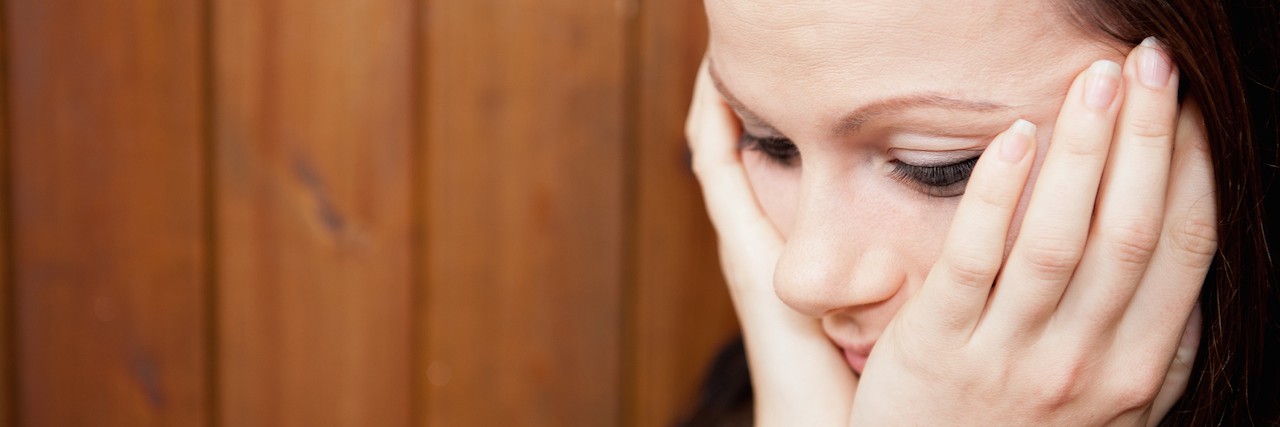Someone asked me once, “What’s the worst thing about your depression?”
I honestly could not answer them without blowing through a plethora of different answers. Maybe it was the unexpected crying while driving home from work, or the physical inability to do menial tasks like brushing my teeth. I can’t forget the challenges of choosing an outfit I don’t hate myself in when I know I’m just going to have a meltdown and stay home anyways. How about the amount of times I’ve pushed people away because I just want to be by myself, followed shortly by the uncontrollable sobbing that comes from being totally and utterly alone?
These were the struggles that were all too real and present in my everyday life. I couldn’t just pick one thing that defined my worst moments. Yet, then I thought about all of the times I’ve doubted myself and second guessed major choices in my life all because I can’t trust my thoughts anymore.
You see, my brain was taken hostage a long time ago, and I’ve progressed in life seeing the world through a slightly different lens than most people. There’s not as much sparkle in my stars or blue in my skies. Most of the time my life just feels dull and lacking any true joy, as if I would even know what that feels like in the first place.
No matter how lucid I may feel, I can never fully think critically about my life and the people in it without having a negative bias around it all. It makes it incredibly hard to justify changing jobs for the fifth time in five years, moving to another town every year when my lease is up or breaking up with my high school sweetheart because I think I know deep down inside I never really loved him. How can I know for sure when every day my mind is battling itself, between truth and imagination?
The problem with my depression is I am all too aware of what it does to me, and I think that’s what makes it worse. The simple fact that any thought that crosses my mind now has to be critically analyzed to ensure it’s not some depression-ridden, imaginative lie I’m trying to perceive as real, creates even more negativity than before. There’s only so much reassurance I can coax out of other people before even they begin to doubt my choices.
Going through life like this feels daunting and hopeless. It takes every ounce of my energy for me to make a decision and be completely OK with it. Sometimes, something as simple as what I eat for dinner can send myself into a spiral of regret. Not knowing whether this regret is justified or not, makes me feel even lower.
Depression is simpler when you’re just sad all of the time and you don’t know why. This is the way doctors seemed to describe it before they realized it’s an actual medical problem that needed to be addressed. Before long, I learned my brain functions on a level a few pegs lower on the totem pole of happiness than other people, and the only remedy is to dump serotonin in there like you’re putting out a fire.
I always just thought it was a phase I would grow out of, but as I learned more about my condition, I realized it is going to take years of work and medication to even bring myself to a comfortable level of existence. Knowing that, and already being in the depressed state that I always am, you could imagine how not excited I was to begin this journey.
So if you were to ask me today what the worst part about my depression is, I could confidently tell you it’s the inability to trust my own judgment. It’s the inability to decide whether to leap toward change or back away slowly. It’s the inability to definitively say yes or no.
Without feeling like my mind is my own worst enemy, I’d probably be sitting happy on a couch somewhere, wrapped in the arms of the man I love, enjoying the bliss of being comfortable in my own life. Instead, here I am explaining to you what makes me hate my depression the most, and you know what? I’m not entirely sure if it’s true.
Image via Thinkstock.

